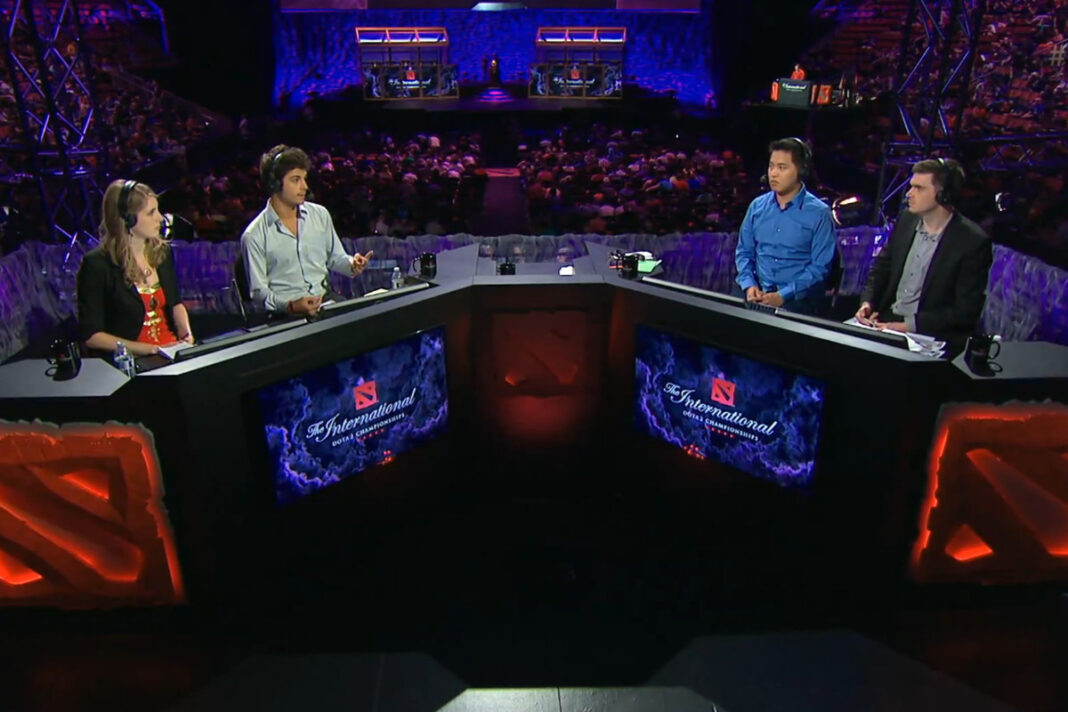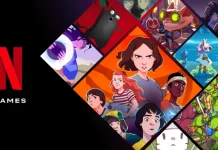Dota 2′s Eastern European region is under scrutiny, as a major expose on match-fixing rings was recently released on April 5.
While some community members were sympathetic to the perpetrators, citing lack of alternative income, Talon Esports’ coach Lee “SunBhie” Jeong-jae has spoken out strongly against match-fixing, calling for indisputable lifetime bans on anyone involved in such activities to protect the game’s integrity.
This is crazy and disrespectful to the integrity of pro scene. Literally being ransomed into giving these losers money? P much every T1 player had a T2 phase, and 99% of them never considered 322. But they eventually make it, and they’re doing alright. Bitch made losers. Ban.
— TALON | SunBhie (@SunBhieDota) April 7, 2023
SunBhie’s statements come after the second significant match-fixing scandal this year, following the ban of over 40 Chinese Dota 2 players due to the first set of allegations. Talon’s coach was upset because of fans who argued that match-fixers had no alternative income due to the unjust prize pool distribution within Dota 2’s Pro Circuit and Major tournaments.
Players throwing games for money just because they have no other option didn’t fly for SunBhie, however, as he stated the whole situation was putting a stain on Dota 2’s integrity.
Despite organizing some of the biggest esports events in the world, Dota 2 has been plagued with lackluster prize pool distributions ever since its inception. Players who are one or two steps short of glory often don’t make enough money to sustain a career in professional gaming, which in return may increase the temptation to 322.
This is also a flawed argument, however, since match-fixing in any sport is a severe crime that requires fitting punishment. Damaging the competitive integrity of Dota 2 while ripping fans off from their chance to spectate a genuine match isn’t something that can easily be defended.
Given that the situation mostly affects tier two scenes around the world and some portion of the tier one players, one must also be at peace with the fact that not everyone might have what it takes to become a top player. If professional gaming doesn’t pay the bills, it might be time to move onto something else rather than risk punishment by throwing games.
























